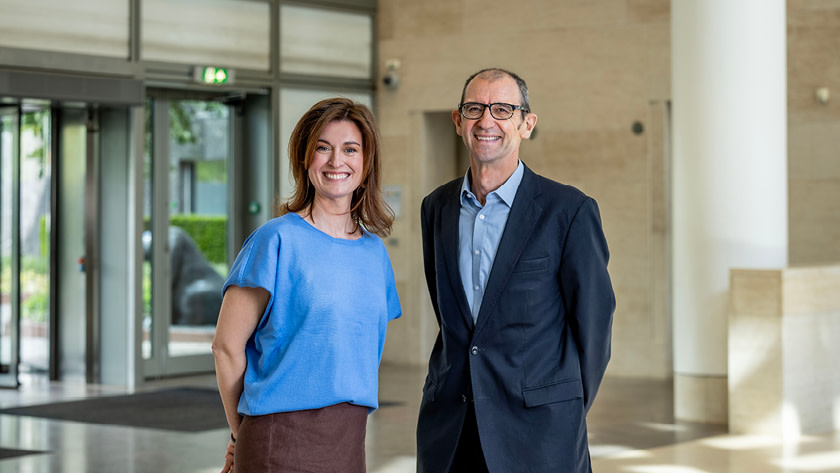Respecting human rights

For many of us, the term human rights evokes images of war-torn or faraway countries. But human rights violations can occur closer to home, too. At ABN AMRO, we acknowledge that our business activities can have an impact on human rights, positive as well as negative.
Key to doing business responsibly
Respecting human rights is an important element in everything we do at ABN AMRO. Society expects that of us, but more importantly, we see it as key to doing business responsibly.
ABN AMRO wants to make a positive contribution to society and to respect human rights. Yet we recognise that our products and services have an impact on society and that we may also be connected to practices where human rights are at stake. When we talk about people, we mean our employees and our clients, but also the people who work in our clients’ supply chains and for our own suppliers.
We find it important to critically examine our own business operations from this perspective. Collaboration is key. By teaming up with our clients, trade unions, inspectorates, governments, NGOs, supervisors and other banks, solutions will come more readily and the impact can be far greater.
United Nations Guiding Principles on Business and Human Rights
In 2011, the United Nations Human Rights Council unanimously endorsed a business standard for the protection of human rights. This standard is called the United Nations Guiding Principles on Business and Human Rights, the . ABN AMRO has committed to implementing the UNGPs.
Human Rights Statement
ABN AMRO’s Human Rights Statement explains what the bank’s salient human rights risks are and what we expect from ourselves and our business associates when it comes to respecting human rights. In other words, how ABN AMRO puts the UNGPs into practice in its role as a bank. We aim to meet this commitment in all our activities, across our organisation and in each relationship we have.
Human Rights Remedy Mechanism
Our Human Rights Remedy Mechanism (HRRM) is a channel for people who have experienced human rights harms to enter into dialogue with ABN AMRO and its corporate clients that are connected to the harms. More information on how to submit a complaint through this mechanism and the complaint procedure can be found on this page.
Our salient human rights issues
In 2015 we identified our salient human rights issues – those human rights at risk of the most severe negative impact through the bank’s activities and business relationships. Five years later, in 2020, we again carried out an analysis to identify our salient human rights risks – with input from our own employees, experts, trade unions and civil society organisations. For our 2022 Human Rights Report, we have carried out a ‘salience pulse check’ to check whether our salient issues in the 2020 report still apply.
Our role | What are the salient human rights issues? | Which stakeholders may be affected? |
|---|---|---|
As a financial services provider | • Inability to meet basic needs, exacerbated by lack of access to financial services | People who rely on support from non-profit organisations to meet their basic needs |
As a procurer of goods and services | • Violation of labour rights | Workers of companies in the bank’s supply chain |
As a lender and provider of investment services | • Violation of labour rights • Violation of land-related human rights • Violation of right to life and health • Violation of right to privacy • Violation of right to freedom of opinionand expression | Workers, local communities and consumers |
These salient human rights issues deserve our attention and we want to – and need to – focus our efforts on them. To this end, we have drawn up a Human Rights Risk Register in which we monitor progress on these issues.


